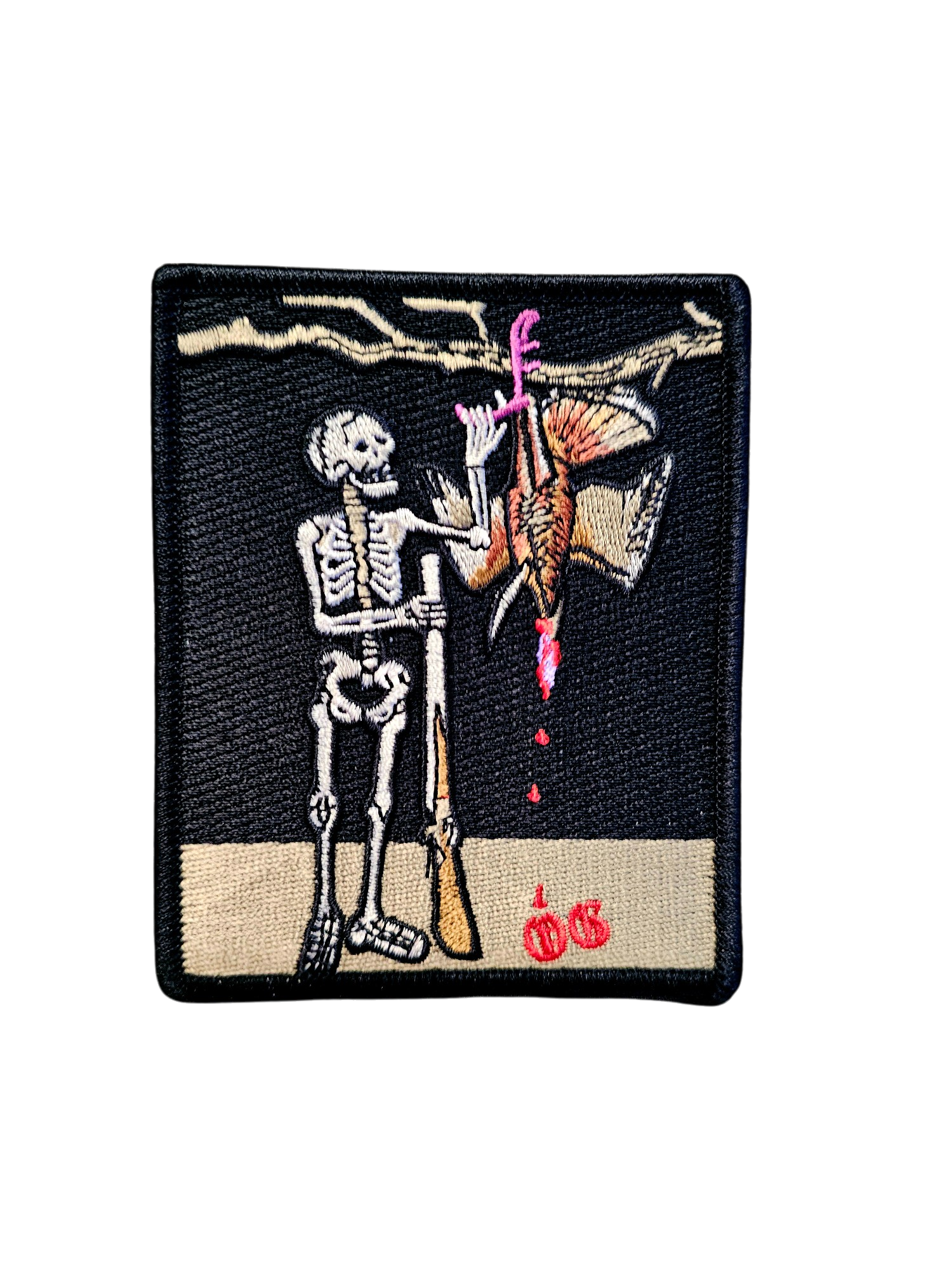        |
Turkey Hunting TipsStarted by SonicBanshee, January 19, 2012, 10:15:13 AM Previous topic - Next topic
User actions
|
        |
Turkey Hunting TipsStarted by SonicBanshee, January 19, 2012, 10:15:13 AM Previous topic - Next topic
User actions
|